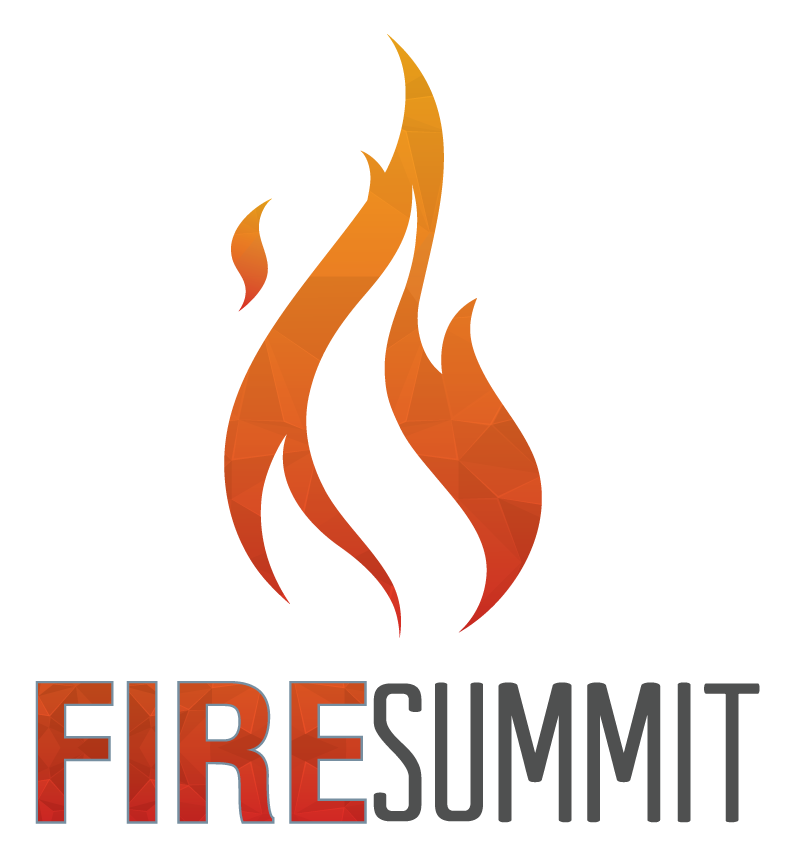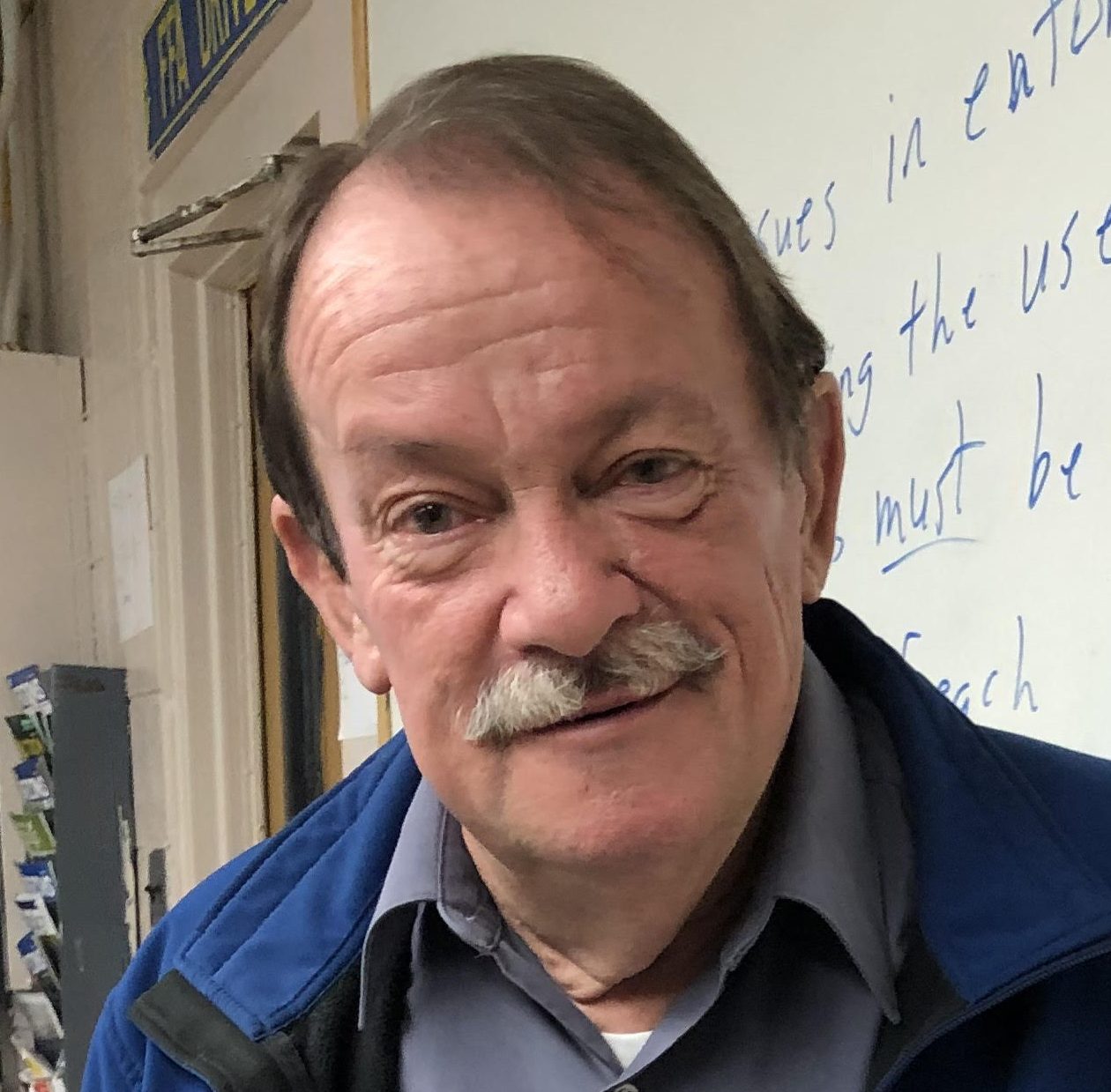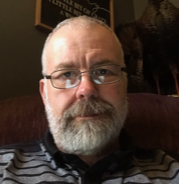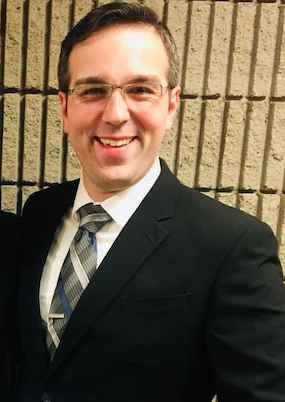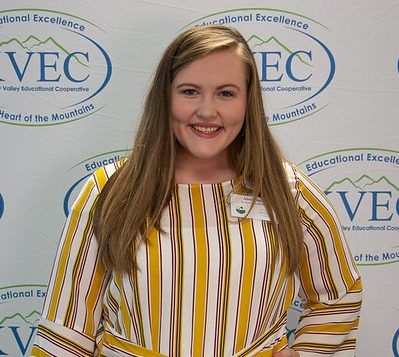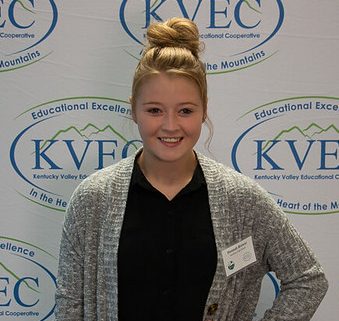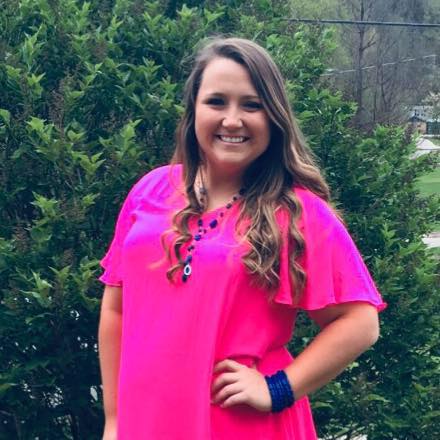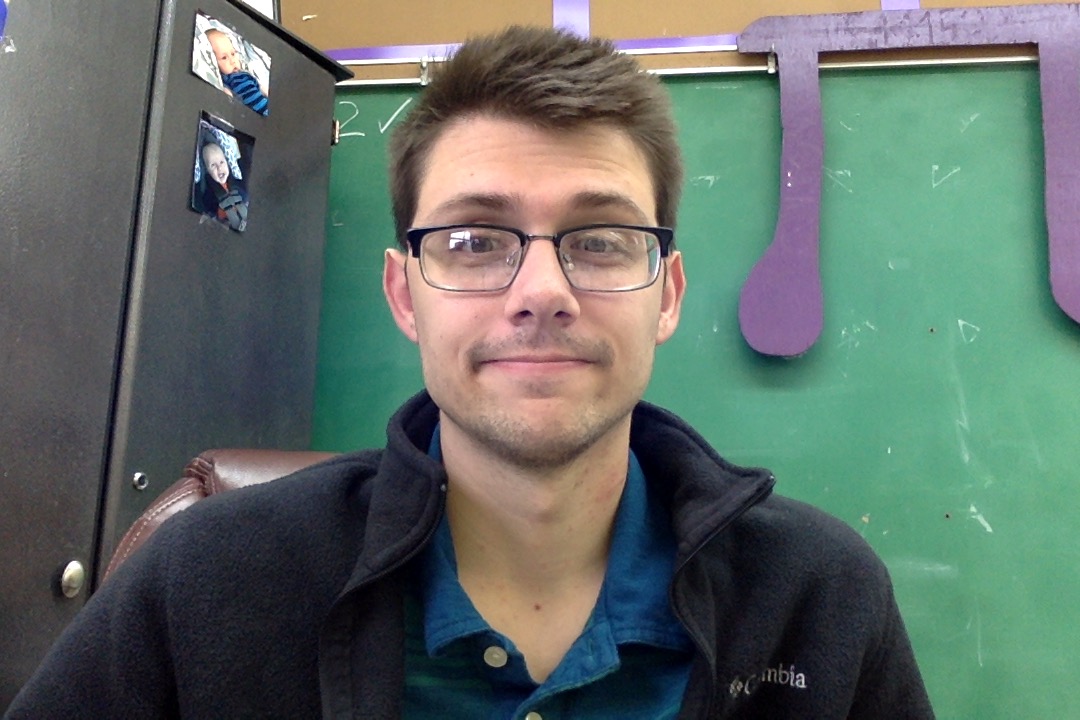Concourse B – Segment C
Presenter 1: James Barrett & Alan Taylor
Agricultural Awareness
Many students are unaware of the science of agriculture and its effects on citizens and society. This project will involve a great deal of collaboration and communication between students at all levels. We are a farming community and students will be learning skills to help them transition into a paying job if they choose. Students will be learning how to take are of goats on the school farm and learn the skills necessary for producing their own food. They will learn how to preserve their food as well as be a productive team member. Running a farm takes good communication, teamwork and collaboration skills. The will present their work at the local Heritage Day and at an open house event at K-12.
Presenter 2: Alexa Day & Hannah Brewer
KVEC Student Senate
Presenter 3: Paige Werner
Seeing the World through a Different Reality
Cost limits the ability to take students on trips to place where volcanoes, earthquakes, and hurricanes are prevalent. After traveling to places where these natural disasters have occurred, I have a better understanding of how and why they take place. Using Virtual Reality headsets my students will be able to visit these places without ever leaving my classroom. They can stand beside an erupting volcano and see building crumple during an earthquake. To implement this strategy, I would need to buy a 5 pairs of virtual reality googles for my classroom. Allowing for stations to be used so that students can experience multiple places during each class period. When you buy the Occulus VR googles they provide access to thousands of videos and virtual reality experiences. My research question to guide my research would be “Can ‘’experiencing” natural disasters help to improve understanding of the underlying causes behind them?” Student engagement and increased student understanding will prove that my innovation is successful. To measure the success of my innovation I will continually use formative assessments with an overall summative assessment and student survey at the end to measure student understanding, student engagement, and overall student satisfaction. The student survey will be a large indicator in the role that the innovation played in their overall satisfaction and understanding. I believe that bringing a new engaging way to teach topics like plate tectonics, DNA, and space exploration with VR experiences like the Apollo 11 landing, glimpses of DNA, and many more it will increase student engagement and understanding.
Presenter 4: Jeffery A. Coots
Coding Easy as Pi
Coding is a type of curriculum that relies heavily on the digital representations of code and concepts that are essentially in the background with every technological thing that we do in our life. When we discuss coding in the classroom it is hard to have some sort of visualization to go along with the problem given. When students are unable to see what they are working with, they have a harder time determining if the work they are providing is sufficient for an understanding of the concepts. By having students create their own coded machines, they are able to see exactly what they are working on and even gives them the ability to see their work in real life applications. When given a textbook it is easy to think, “when am I going to use this in real life,” however with the implementation of students being able to create their own coded psychical items, they can see where computer science and real world applications connect. By giving them this form of project based learning, we follow the curriculum that KY has set, but we do it in a more hands-on way. By giving students the ability to learn at their own pace and understand why coding is so important in the life we live today we give the students a fresh outlook on computer science as a whole. Students will be given the option to create various items that they will first need to be able to code and see what their inputs do to the outputs. By giving them this option in class, I believe it allows them to have a greater appreciation and understanding for the items that they use on a daily basis and how intricate technology is in our lives.
Presenter 5: Allison Leip
Moving Mountains, Expanding Horizons
The goal of my project is to continue to build a curriculum where students feel like they see themselves in their own learning environment. By expanding my classroom’s independent reading library to be more representative of Appalachian culture and including more Appalachian literature in my English curriculum, students will reframe how they see themselves and their home. When students read literature that reflects who they are, they gain culturally responsive leadership skills. This project’s outcomes are measured through a survey and ACT scores.
Presenter 6: Johnson Central ACT Team
The Ladder to Success: Building Leadership Capacity
Presenter 7: Bruce Harkins
Using Smart Music to assess the impact of deliberate practice on high school students in concert band
A priority need for the high school band is researched based, sophisticated and relevant means to execute both formative and summative assessments that are focused on individual student musicianship skills and growth. I require my students to maintain practice logs and journals. I keep detailed records of how often the students take their instruments home during the schooldays and weekends – essentially the quantity of practice. However, I have not found an effective way to monitor the quality of student practice. This is a paramount issue that I must remedy because research states that there is an explicit relationship between the quantity of practice and skill levels achieved. Technology may be the solution. Can the use of the web-based music software, Smart Music be used to encourage the concept of deliberate, focused practice to increase musicianship and assessment scores, as well as, effective and structured practice techniques?
